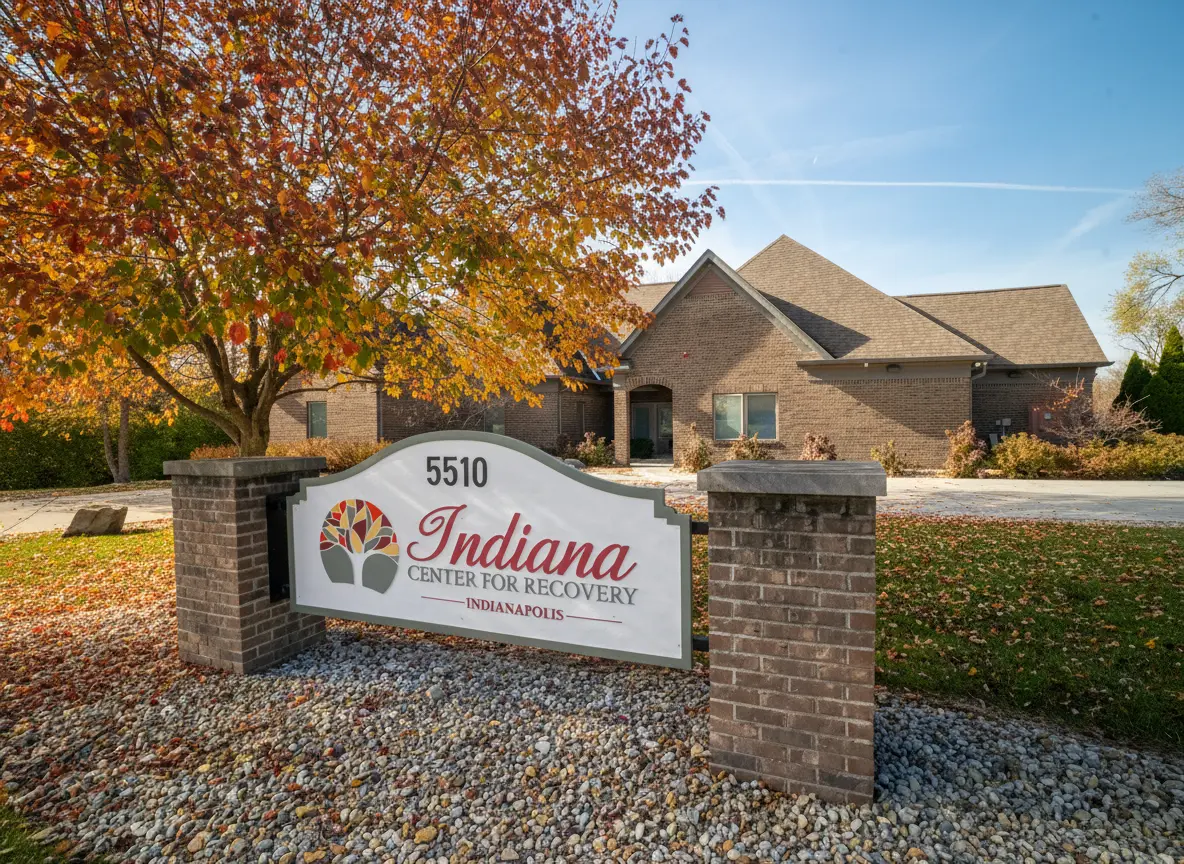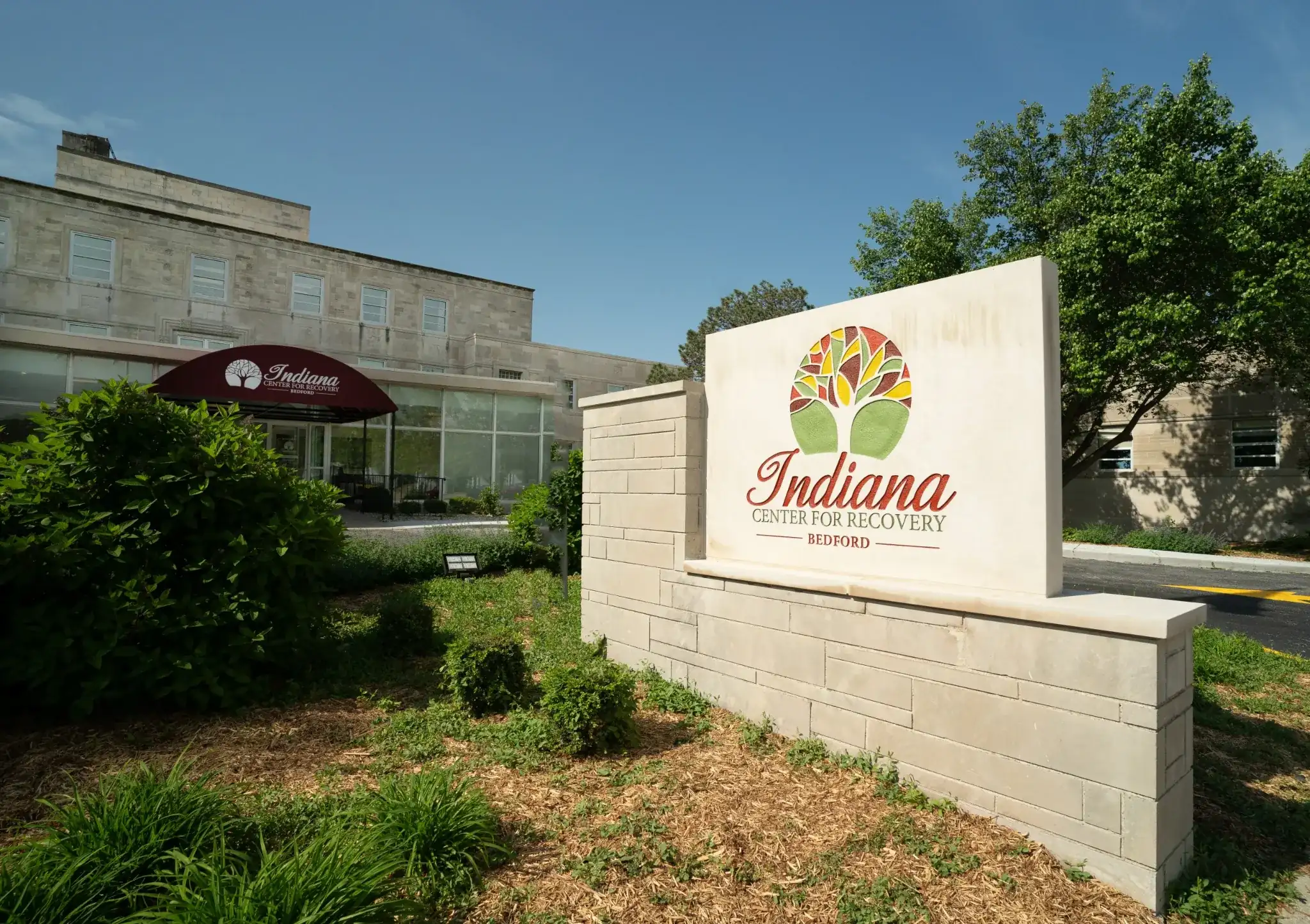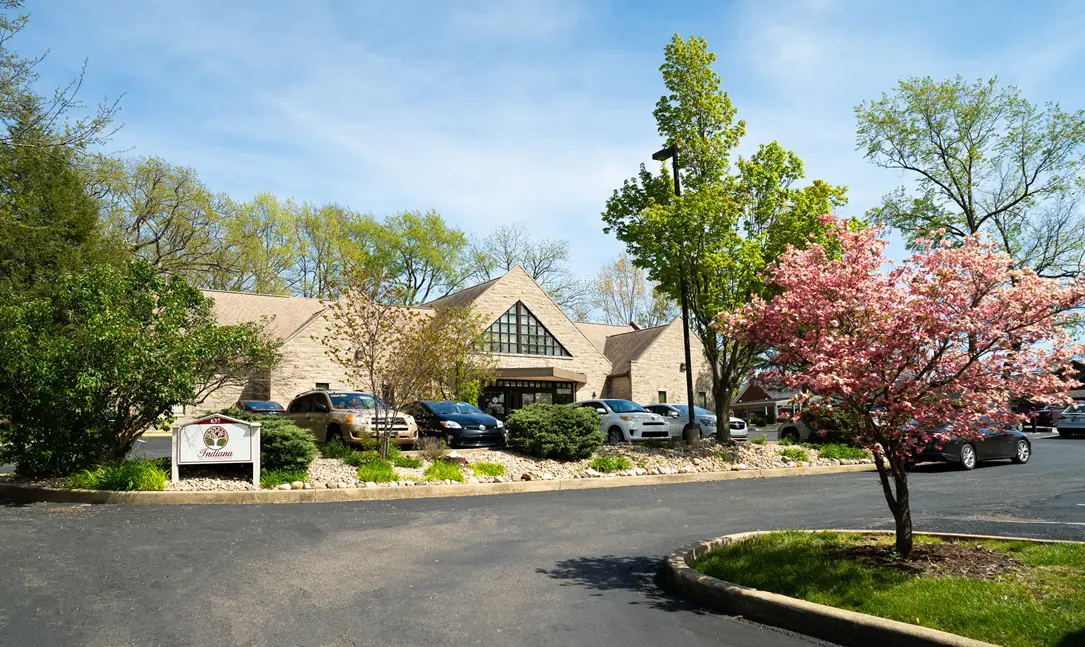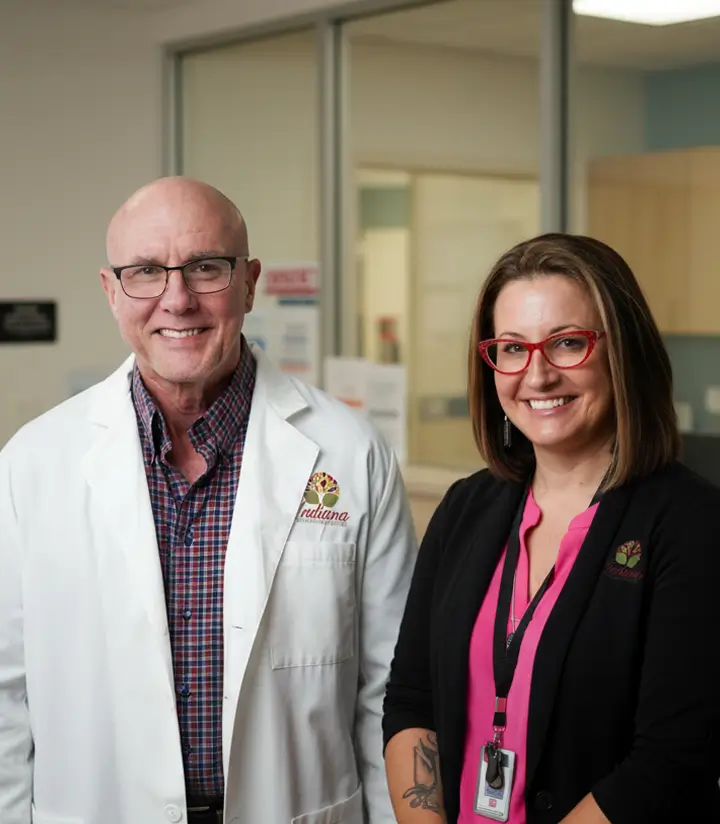
Learn About Specific Therapies
These evidence-based approaches address a range of challenges. Gold-standard therapies, such as Cognitive Behavioral Therapy (CBT), have been consistently shown to produce meaningful, lasting improvements. Patients who engage in these trusted therapies often experience reduced symptoms, increased coping skills, and greater emotional stability. Your treatment should incorporate approaches widely recognized by experts for their effectiveness and reliability.
- Dialectical Behavior Therapy (DBT)
- Cognitive Behavioral Therapy (CBT)
- Medication Management
- Eye Movement Desensitization and Reprocessing (EMDR)
Newer Therapies
Sometimes even gold-standard therapies aren’t enough. There are plenty of newer options that work differently to help you get relief – especially for conditions like severe depression or anxiety and especially if you’ve tried treatment before. Your treatment plan should be flexible enough to lay in advanced methods when needed.
- GeneSight Testing
- Spravato Ketamine Therapy
- Dialectical Behavior Therapy (DBT)
- Biofeedback Therapy
- IV Therapy
- Transcranial Magnetic Stimulation (TMS)
Learn About Levels of Care
Healing looks different for everyone. Whether you need a structured environment to stabilize or flexible support that fits into daily life, there’s a level of care that can meet you where you are. Learn how each option works and when it might be the right fit for your needs.
- Residential Rehab
- Inpatient Services
- Outpatient Rehab
- Virtual Care
- Family Programs
- Adolescent Care
- Veteran Care
Learn About Different Addictions
Not all addictions are the same. Each substance carries distinct symptoms, risks, and treatment considerations. Knowing exactly how alcohol or a specific drug affects your body and mind can help you find more targeted, practical support.
- Alcoholism
- Benzodiazepine Addiction
- Crack and Cocaine Addiction
- Meth Addiction
- Opioid Addiction
- Suboxone Addiction
- Methadone
- Ketamine Addiction
These are some of the more frequent challenges we see — but our care extends beyond this list. If you or someone you love is facing a different kind of substance dependency, we’re here to help you explore your options and find a path to recovery.
Learn About Mental Health Diagnoses
Mental health conditions can be complicated, especially when symptoms overlap or change over time. Clear, expert-backed information about common diagnoses—like depression, anxiety, PTSD, or bipolar disorder helps you understand your experiences more clearly. Recognizing what you’re going through is often the first step toward finding treatment options that can make a genuine difference in your daily life.





